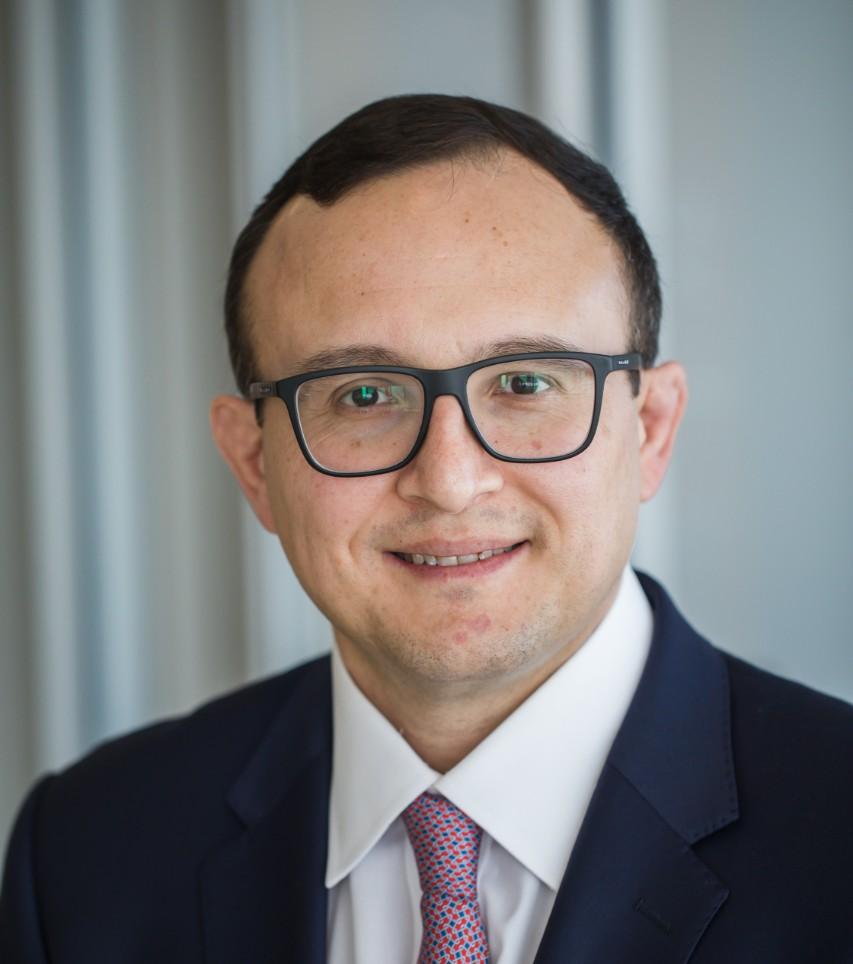
Lecture Recap: Health Politics and Policy in Response to the COVID-19 Pandemic
COVID-19 has exacerbated today’s most pressing public health challenges and revealed a spectrum of long-standing existing health inequities in our communities and around the world. The science of population health examines how we can solve these challenges and advance healthy outcomes. A recent lecture in the College of Health focused on health politics and policy in response to COVID-19.
The lecture tapped leading experts from around the world to share their thoughts and research on the impact of political responses from a variety of perspectives — the United States, Latin America and on a global scale.
Explore key insights from the lecture:
Pandemic Politics: Understanding State-Level Social Distancing Responses to COVID-19
Christopher Adolph, an associate professor of political science at the University of Washington’s Center for Statistics and the Social Sciences, and Bree Bang-Jensen, a Ph.D. candidate in political science at the University of Washington, kicked off the lecture with their presentation targeting state-level responses.
While social distancing can be practiced voluntarily, research reveals it works best when clearly defined and mandated by governments and supported by appropriate economic and social welfare policies. Members of the European Union largely adopted this approach with increased success of containing the pandemic. The United States, on the other hand, delegated responsibility to each individual state, resulting in widespread confusion.
Adolph, Bang-Jensen and their team have explored the partisan differences in the United States as drivers of both behavior and policy. According to the team’s research, republican partisans have been less likely to adopt social distancing or to reduce outings and travel during the crisis. Similarly, republican governors and red states have been slower to adopt and quicker to ease social distancing mandates across many categories.
Based on the team’s research, social distancing remained consistently partisan throughout 2020 due to three key factors: lack of presidential support for republican governors who might otherwise impose stricter mandates; pressure from republican voters; and lower republican trust in experts. When it comes to healthy politics in the United States, partisan allegiance plays an all-consuming role.
International Relations and the COVID-19 Response
Next, the lecture transitioned from a state-level lens to an international perspective. Joshua Busby, an associate professor at the LBJ School of Public Affairs at the University of Texas, shared his insight on how the international community responded to COVID-19. According to Busby, the lackluster global response to the pandemic can be attributed to three factors: the absence of an overarching world government, our interdependent world, and the lack of authority and funding of the World Health Organization (WHO).
Countries have to rely on themselves for their own protection, whether from an attack or to fight off disease, and no overarching world government exists to lead such global crises. Similarly, the interdependent nature of our world bounds nations together. While this could aid in collaboration as countries depend on each other for imports and medicine, the nature of infectious disease reveals that an outbreak anywhere poses a threat everywhere. International affairs experts find that interdependence often leads to weaponizing rather than cooperation.
The Comparative Politics of Pandemic: Explaining Policy Responses in Latin America’s Federations
Lastly, the presentation focused on a variety of pandemic policy responses in Latin America. The presenting team from Brown University included Richard Snyder, a professor of political science, and Ph.D. students Eva Rios and Cyril Bennouna.
The team compared political pandemic responses among Brazil, Mexico and the United States. They found that in democratic federations led by populist presidents opposed to stringent policy responses to COVID-19, governors can, and often do, adopt stringent subnational policies. Whether governors adopt stringent policies depends largely on the partisan affiliation of the governor — particularly in Mexico and the U.S. In Brazil, however, the partisan affiliation of governors has little impact on the stringency of state-level policies. This likely reflects Brazil’s highly fragmented multi-party system, generally weak political parties and President Bolsonaro’s lack of a strong personalistic party.
Whether governors are affiliated with political parties that broadly support, or alternatively, oppose the president has a stronger influence on state-level policy responses to COVID-19 than the ideology of governor’s parties. Snyder’s team found that conserative governors might be expected to prefer permissive policies that neither hinder business nor infringe on individual liberties. However, the opposite is true in Mexico — conservative governors adopt more stringent policies than leftist governors. From this, the team surmises that it is not ideology, but alignment with or against the president, that drives governors’ policy responses to COVID-19.
Our work as population health scholars continues as COVID-19 disrupts the communities around us. The Lehigh University College of Health is dedicated to pursuing pressing conversations with today’s top experts. Learn more about the College of Health’s Colloquium Series.


